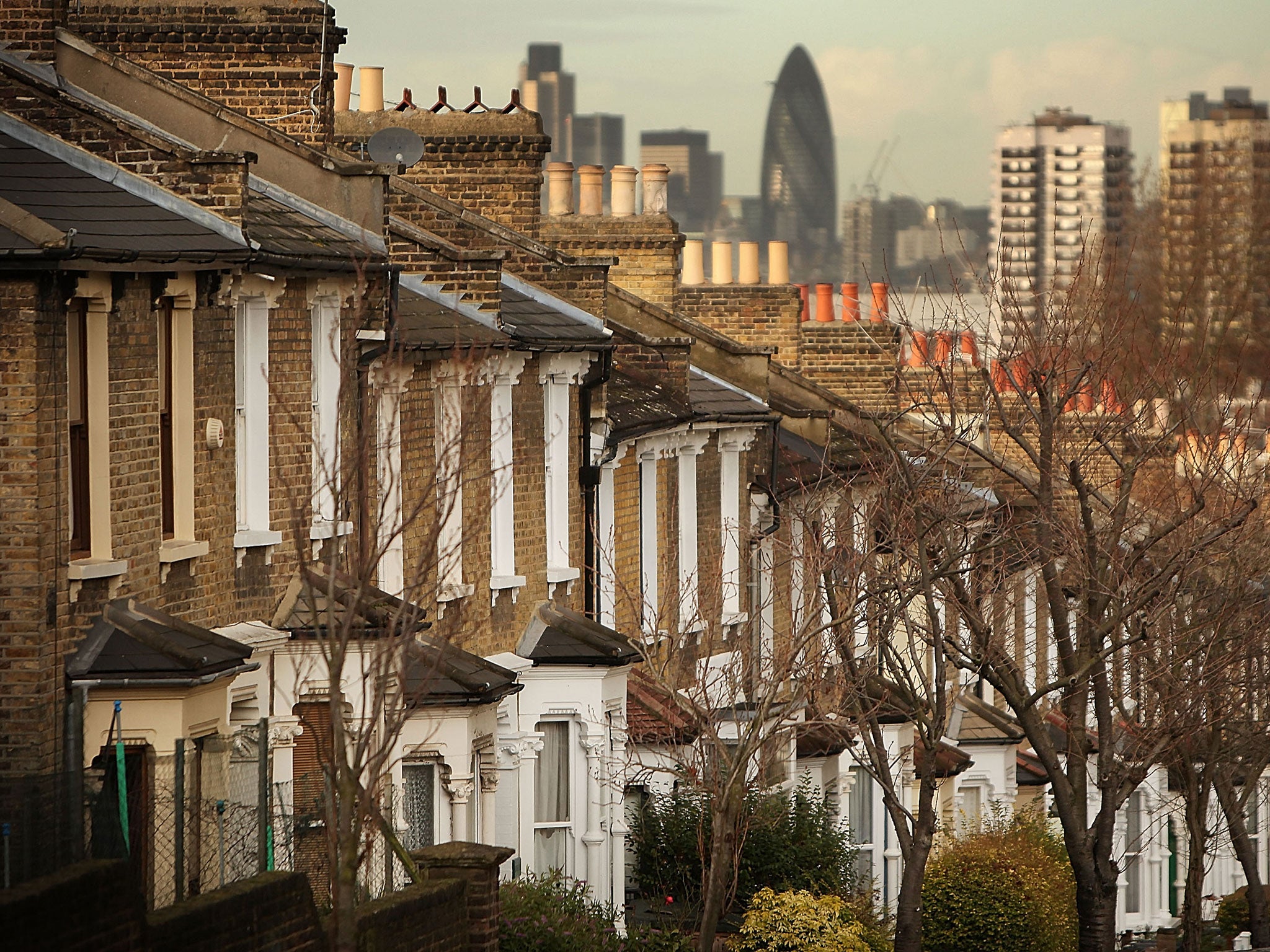Mortgages: What should I do if I’ve got a year or two to go on a fixed-rate mortgage?

Your support helps us to tell the story
From reproductive rights to climate change to Big Tech, The Independent is on the ground when the story is developing. Whether it's investigating the financials of Elon Musk's pro-Trump PAC or producing our latest documentary, 'The A Word', which shines a light on the American women fighting for reproductive rights, we know how important it is to parse out the facts from the messaging.
At such a critical moment in US history, we need reporters on the ground. Your donation allows us to keep sending journalists to speak to both sides of the story.
The Independent is trusted by Americans across the entire political spectrum. And unlike many other quality news outlets, we choose not to lock Americans out of our reporting and analysis with paywalls. We believe quality journalism should be available to everyone, paid for by those who can afford it.
Your support makes all the difference.Adrian Anderson says: “Mortgage offers generally last six months so it is too early to apply for a new deal. However, it isn't too early to take a look at your financial situation and see whether it can be improved. Consider overpaying each month to take advantage of a relatively low interest rate and improve your equity stake in the property for when you come to remortgage.
“If you have an interest-only mortgage with no repayment vehicle in place, think about how you will repay the loan as any lender will want to see evidence of this when you come to remortgage. Consider whether you have savings that would be put to better use in reducing the loan-to-value on your mortgage to make you more attractive to lenders when you do come to remortgage.”
Mark Harris says: “Most fixes will carry early repayment charges during the fixed-rate period. These vary from lender to lender. Although cheaper fixes may be available, unless the lender waives the ERCs then the penalty incurred will offset any potential savings so you may as well stay put for now.”
David Hollingworth says: “The approach for these borrowers with longer fixed rates will be largely the same. They could consider whether it would make sense to switch away from the existing deal to a fixed rate but that needs to be approached carefully. The existing deal is likely to carry an early repayment charge which could amount to thousands of pounds. Moving to a new rate now could give protection for longer but the benefit could be wiped out by any early repayment charge that applies.
“If it isn’t worth switching then it makes sense to consider overpaying in the meantime. Most deals will allow some level of overpayment to be made without an early repayment charge, typically as much as 10 per cent per annum. This will help reduce the level of mortgage debt which will put them in a better position when it comes time to review the rate.”
Ray Boulger says: “As rates will probably not increase very much over the next year it is very unlikely to be worthwhile paying early redemption charges to come out of the fixed rate early. So I would advise assessing options when the period left on the current deal has fallen to seven months.”
Join our commenting forum
Join thought-provoking conversations, follow other Independent readers and see their replies
Comments